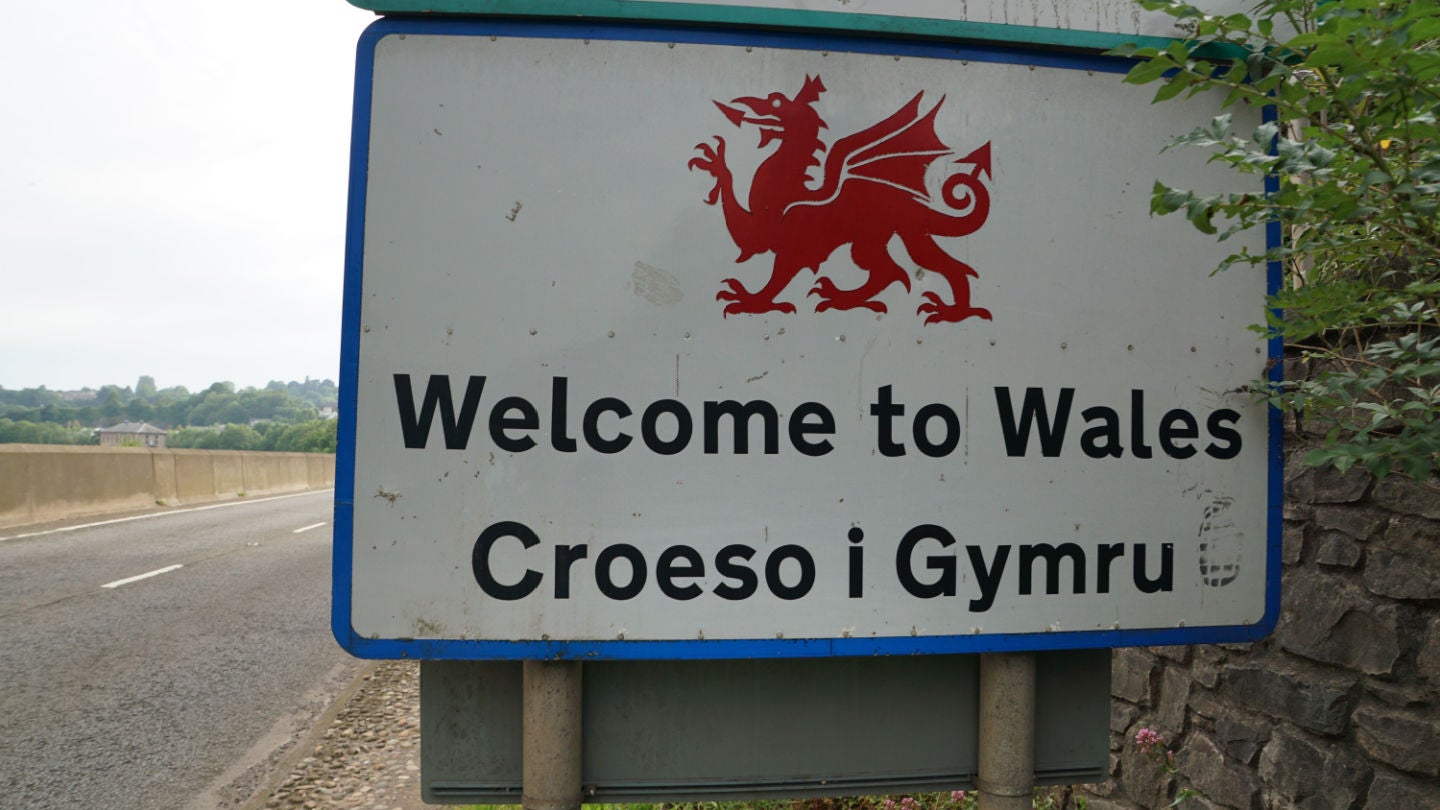After a destructive pandemic and amid an escalating climate crisis and ongoing geopolitical tensions, the future of humanity has become a growing concern. Many of today’s crises not only affect people now, but will impact their descendants and we have a moral responsibility to ensure a habitable, safe planet for future generations. Safeguarding future interests is of paramount importance but it does beg the question of how to properly accommodate the rights of those that are yet to be born.
It is challenging to understand the legal rights of those facing a future which may involve expansive space exploration, increasingly clever artificial intelligence, and the development of biological warfare. Nonetheless, we are starting to revisit traditional approaches to decision making for an increasingly unknown future.
Intergenerational climate injustices
Understanding and factoring in future generations can help us to confront global issues that transcend time. For example, we are currently suffering the consequences of decisions made by past generations, including the development of nuclear weaponry, excessive exploitation of natural resources, and pollution of the environment. Had the rights of present generations been recognised and considered, past generations may not have created the climate crisis that we are now desperately trying to tackle.
Legally, it is difficult to understand the rights of future generations, as the argument extends beyond traditional spatial and temporal barriers. The unborn cannot vote, and legal rights can only be granted to legal people and the legal entities that they create. It is difficult to conceptualise how to account for future needs in the present. However, the timeframe of law should be extended to protect the future of humanity and for this, a longer term view on decision making is essential.
Climate and the Future Generations Commissioner
Regardless of these difficulties, Wales has taken the first step towards representing the future generation in political debates. In 2015, the Welsh Assembly passed the Well Being of Future Generations Act, which requires that political decisions meet the needs of people today, without comprising the needs of those in the future.
In 2016 Wales appointed the world’s first Future Generations Commissioner. This independent office has statutory powers to represent Welsh citizens of the future and is responsible for ensuring that political decisions made today do not compromise the interests of these future citizens. In doing so, the Commissioner’s office acts as a watchdog, mandating that any political decisions must be justified. To achieve this, policy making in the country is beginning to take a different approach to decision making. Instead of the traditional top-down approach, the office is pushing for greater public involvement, preventative action, and cross-government collaboration to improve decision-making.
How well do you really know your competitors?
Access the most comprehensive Company Profiles on the market, powered by GlobalData. Save hours of research. Gain competitive edge.

Thank you!
Your download email will arrive shortly
Not ready to buy yet? Download a free sample
We are confident about the unique quality of our Company Profiles. However, we want you to make the most beneficial decision for your business, so we offer a free sample that you can download by submitting the below form
By GlobalDataWales casts a critical eye on new roads
A £1.4 billion Welsh road infrastructure project has been in the pipeline since 1995 and was originally designed to relieve traffic congestion for businesses and commuters. However, the 13 mile long road would run through an environmentally sensitive wetland, significantly adding to air and noise pollution. This was a case of weighing up the economy today against the future environment.
Ultimately, the project proved incompatible with the Well Being of Future Generations legislation and did not align with Welsh carbon reduction goals. For these reasons, the project was scrapped after 25 years.
The UK prime minister at the time, Boris Johnson, planned to override the Welsh Government and deliver the plan. However, since this landmark decision, most major road projects have been cancelled in Wales and the Welsh government has invested record figures into public transport.
Prioritising future generations
The Well Being of Future Generations Act has attracted interest from other countries. Scotland appointed its own Future Generations Commissioner in 2021, while Gibraltar appointed a similar commissioner, and the United Nations announced its plans to appoint a commissioner of its own.
The act is a true example of supporting sustainable development to meet the needs of the present without compromising future generations. However, perhaps there could even be a capacity to take this one step further. Instead of ensuring that all decision-making improves the lives of those today, without impacting those of tomorrow, the stance could shift to prioritising the future. In doing so, for any decisions made now, policymakers would need to prove that these decisions would have a positive impact on future generations.
Policy decisions would therefore do more than simply avoiding harm to the environment; they would help to improve it for the planet’s future residents.








